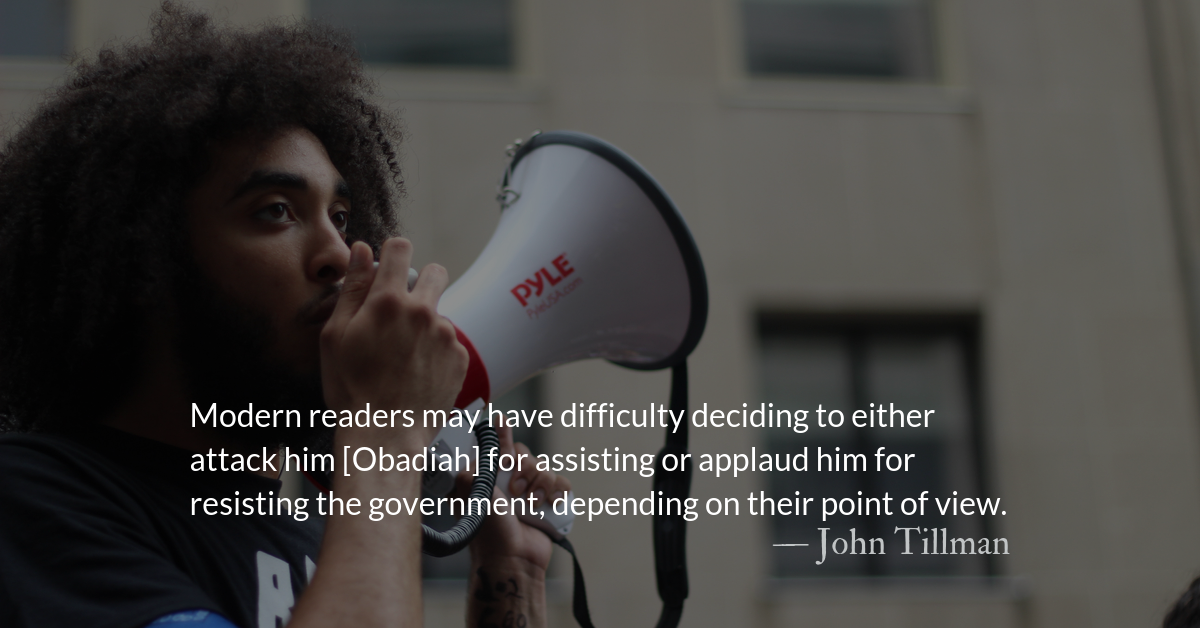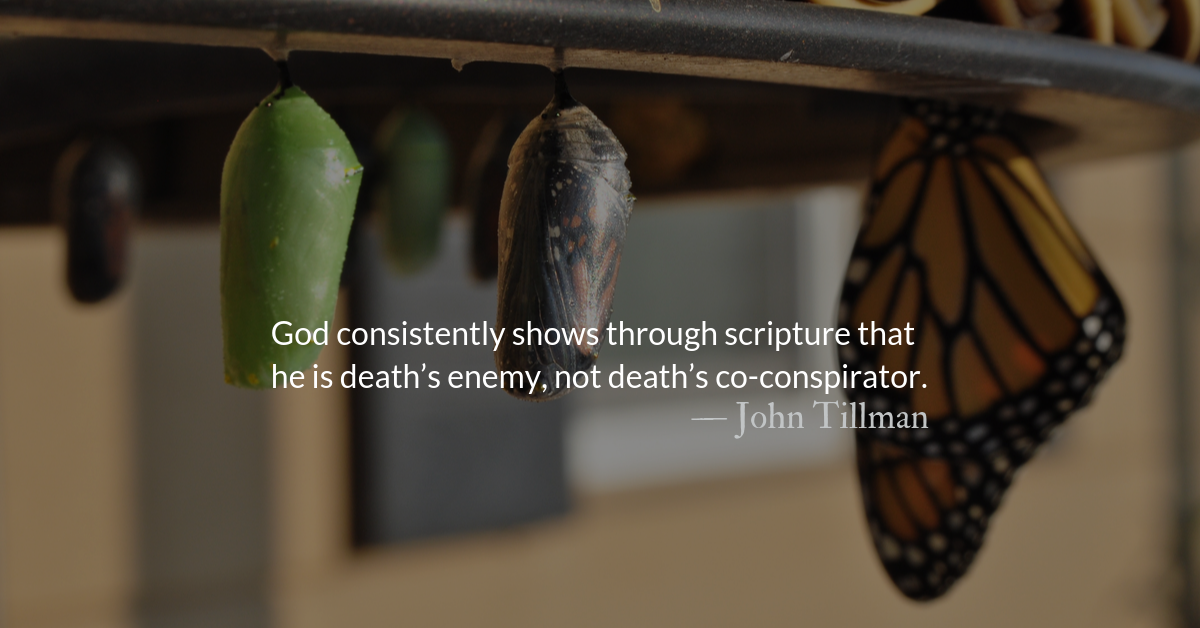Scripture Focus: 1 Thessalonians 4.
We instructed you how to live in order to please God, as in fact you are living. Now we ask you and urge you in the Lord Jesus to do this more and more.
Reflection: More and More and Less and Less :: Guided Prayer
By John Tillman
Paul uses the term “more and more“ twice in the fourth chapter of his letter to the Thessalonians. Both times he is pleased with where the believers are currently, yet hoping for and encouraging them toward more.
Sanctification is easy to confuse with moralism.
To the moralist, “more and more” means more rules and ratings.
To those being sanctified, “more and more” means fewer outward rules and more inner change.
Through sanctification, we are slowly transformed by influences beyond our selves—-the Holy Spirit’s power and the reading of God’s Word. In sanctification, we focus on change in our lives, not others.
Through moralism, we transform scriptures into affirmations of our faithfulness and condemnation of others’ sinfulness. In moralism, we focus on others lives, measuring ourselves against them instead of scripture.
Sanctification and moralism both introduce change, but only one is spiritual and is powered by the gospel. Let us pray this prayer over the weekend that we may not be more “moral.” But that, instead, we may be more like Christ.
More and More and Less and Less
Gracious Father, we know…
We cannot do “more and more” of the things Christ calls us to without doing “less and less” of some other things.
More and more of Christ in our life means less and less of us. He must become greater and we must become less.
Give us more and less, Father…
More of Christ’s love for others less of our love of self.
More of Christ’s grace for others and less of our grudging forgiveness.
More of Christ’s hatred of sin and less of our hatred of those whose sins are different than ours.
More of Christ’s Word, the Bible, and less of the algorithmic sales machines that social media has become.
More of spreading the good news of the gospel and less of spreading the worst news we can find about our enemies.
We know that we will be at our happiest, at our most fulfilled, and at our most true self when we continually surrender more and more to the leading of the Holy Spirit.
No Christian is ever perfect until perfectly conformed to Christ. Conform us, Lord.
No Christian is ever righteous without the righteousness of Christ. Make us righteous, Lord.
No Christian can say, “It is finished.” Christ came to say it for us. Finish your work in us, Lord.
Divine Hours Prayer: The Greeting
O Lord, I cry to you for help; in the morning my prayer comes before you. — Psalm 88.14
– From The Divine Hours: Prayers for Autumn and Wintertime by Phyllis Tickle.
Today’s Readings
1 Kings 21 (Listen – 4:19)
1 Thessalonians 4 (Listen -2:24)
This Weekend’s Readings
1 Kings 22 (Listen – 7:51), 1 Thessalonians 5 (Listen -2:37)
2 Kings 1 (Listen – 3:13), 2 Thessalonians 1 (Listen -1:52)
Thank You!
Thank you to our donors who support our readers by making it possible to continue The Park Forum devotionals. This year, The Park Forum audiences opened 200,000 emails with free, and ad-free, devotional content. Follow this link to join our donors with a one-time or a monthly gift.
Read more about Christ, the True Hero
We are not the saviors, but the ones in need of saving. It is Christ, not us, who is the hero of our cities and our world.
Read more about The Law that leads to Grace :: Guided Prayer
We cannot live by the Law. If we could, then Christ’s death was for no purpose.











